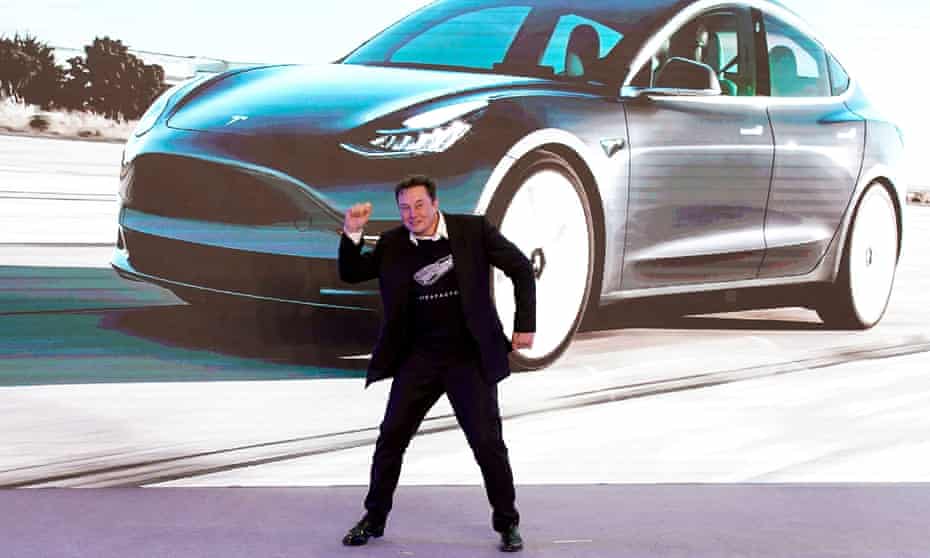Tesla investigation deepens after more than a dozen US ‘Autopilot’ crashes
Regulators to look with enhanced scrutiny after cars with driver-assistance function crashed into parked emergency vehicles

US federal regulators are deepening their investigation into Tesla’s Autopilot function after more than a dozen Tesla cars crashed into parked first-responder vehicles over a period of four years.
The National Highway Traffic Safety Administration (NHTSA) said on Thursday it was upgrading its preliminary investigation, which launched last August, to an “engineering analysis”, which is taken before the agency determines a recall.
The investigation covers all four Tesla vehicles – Models Y, X, S and 3 – representing about 830,000 vehicles that have been sold in the US.
The investigation is focused on Tesla’s Autopilot feature, which is supposed to help drivers navigate roads through artificial intelligence, which detects other vehicles. The company instructs drivers to pay attention to the road and keep their hands on the steering wheel while using Autopilot, though some drivers have used Autopilot drunk or sitting in the backseat of the car.
The 16 crashes at the base of the investigation took place between January 2018 and January 2022 and resulted in 15 injuries and one death. In documents posted to its website, NHTSA said forensic data indicates that the majority of the drivers had their hands on the steering wheel before impact and were complying with the system as it was designed to be used.
The agency said this as the investigation specifically looks into whether the Autopilot feature ultimately undermines “the effectiveness of driver’s supervision”.
NHTSA, in a separate investigation, is looking into a separate batch of complaints that have been filed against Tesla vehicles that suddenly brake at high speeds, otherwise known as “phantom braking”. The agency has received more than 750 complaints relating to the problem, though there have been no crashes or injuries reported. The agency has asked Tesla for more information about its awareness of the issue.
The agency has long been wrestling with Tesla, specifically the company’s outspoken founder, Elon Musk, for years. Anonymous officials and former regulators detailed to the Washington Post earlier this year the heated reaction workers at the agency have received from Musk, and noted that regulators have had to learn to deal with a combative company.
In a letter to Musk last fall, Jennifer Homendy, chair of the National Transportation Safety Board (NTSB) – a separate federal agency that investigates crashes and makes recommendations to other agencies such as the NHTSA – urged Musk to respond to its safety recommendations for Autopilot that it issued to Tesla back in 2017. The NTSB recommended that Tesla develop safeguards that would not allow drivers to use vehicles in ways inconsistent with its design.
“If you are serious about putting safety front and center in Tesla vehicle design, I invite you to complete action on the safety recommendations we issued four years ago,” Homendy wrote in a letter to Musk.